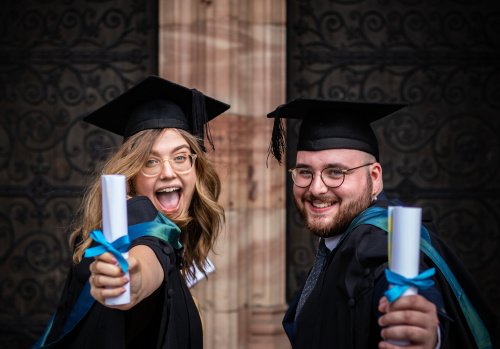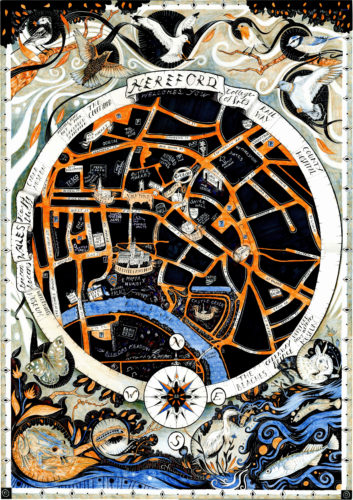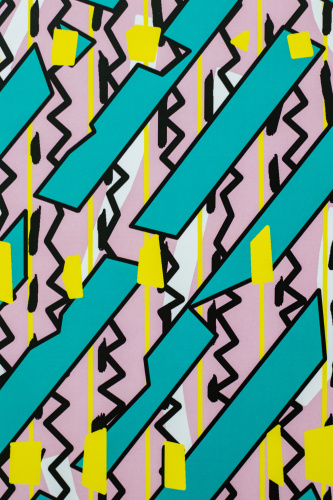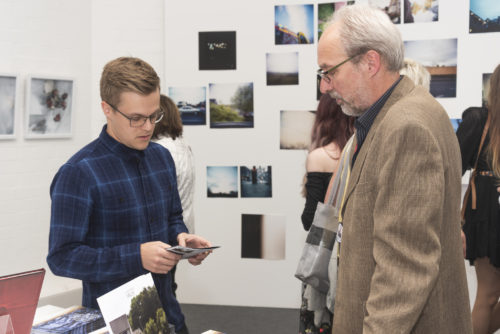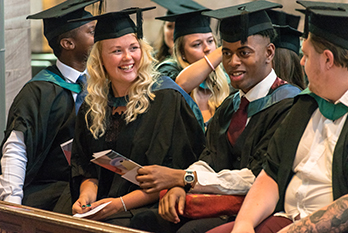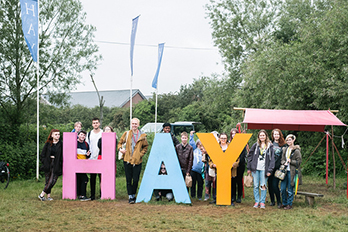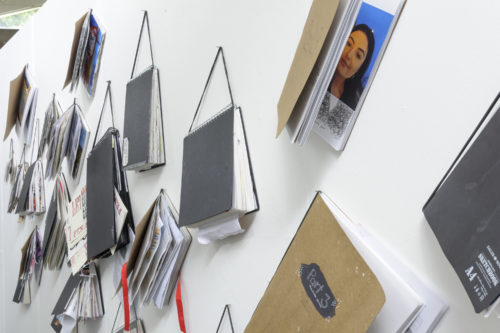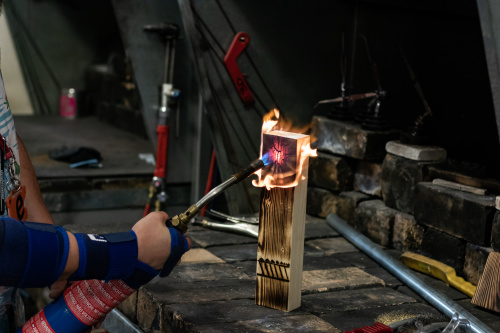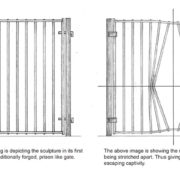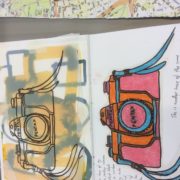WalesNexus Conference at UWTSD
Published on 26.03.16
A great day last Wednesday at the Wales Nexus conference 2016. Held in Carmarthen, and organised by the University of Wales Trinity St David, we had a rich programme of talks and workshops, with a focus on teaching and learning in today’s HE environment. In Welsh, dyscu is the word for both ‘teach’ and ‘learn’, and I don’t present this
Categories
A great day last Wednesday at the Wales Nexus conference 2016. Held in Carmarthen, and organised by the University of Wales Trinity St David, we had a rich programme of talks and workshops, with a focus on teaching and learning in today’s HE environment. In Welsh, dyscu is the word for both ‘teach’ and ‘learn’, and I don’t present this as an ‘interesting aside’; rather as a key message I took from the conference.
The keynote, presented by Luci Attala, focussed on an alternative curriculum model, one which involved students in an immersive learning experience and involved them as co-researchers in real life projects. This kind of model reminded me of the messages in John Lea’s book Enhancing Learning and Teaching in Higher Education and in particular Chapter Six, where Healey, Bovill and Jenkins discuss Students as Partners in learning (p.144-172).
Also interesting was Attala’s idea of ‘sacred Wednesdays’ – a reflective space built into the week for students and staff during intensive blocks of learning. This also reminded me of our own ideas regarding research spaces. I wonder what part reflection plays in the research process?
But I’m skipping forward now to the informal discussion that followed our afternoon symposium, chaired by Andy Penaluna – and certainly another key message I took home – the deep worth of engaging in knowledge sharing with colleagues – each with a different perspective on issues that were critically similar, and how the synthesis of our shared experience led to – yes, more questions, but also potential pathways to explore within our different fields and contexts. Professor Penaluna shared ideas regarding relaxed cognition with us – I have not researched relaxed cognition (yet), but did find a lovely article here, and I do hope that daydreamers will save the world.
An infographic produced by Times Higher Education highlights the small percentage of time currently spend by academics in knowledge-exchange. Although the article it accompanies discusses how, due to the pressure of teaching, few academics are working with business and commercialising their work, perhaps it also highlights the need for greater cross-collaboration with other institutions?
Our afternoon session, within the life design symposium, was vibrant and full of shared ideas. I love the LifeDesign framework and concept, which applies design thinking within a comprehensive learning programme that supports learners self-awareness and employability prospects. You can read more about Life Design on their website. It is well worth a look around.

Of particular interest to HCA was Catrin Webster and Paul Jeff, presenting their innovative collaborative curriculum for the MA Visual Arts programme at UWTSD. The way they used peer, staff and subject collaboration to inspire and provoke their students to creative investigative approaches was inspiring, and the vibrant results shown seemed to me to synthesise the best of a foundation course (vibrancy and authenticity) with the conceptual rigour of the traditional visual arts masters and that indefinable strength that comes from genuine theoretical underpinnings to the ‘made object’. I wish I had images of their student work here to share.
One of their approaches they shared with us was the ‘speed tutorial’, which gathers faculty members across curricula and puts them together with the MA students, each giving tutorials in the manner of speed dating. The students leave with multiple perspective from different disciplines. I suspect the tutors likewise. Both Simon and myself have asked if we might as associate lecturers of UWTSD, please participate with next years ‘speed tutorials’. I hope Catrin and Paul will let us join in!
Whilst on the subject of multiple perspectives, HCA’s very own Simon Denison discussed how he uses experiential learning techniques to support students on L5 programmes develop their ‘criticality’. I then made my own contribution and discussed our research into less formal learning environments, including a tour of our less-formal webspace and building a collaborative site.
Then came the real learning moments, as we had the opportunity to discuss, informally, ideas and presentations with others present. This chance to share ideas and supportively comment on others’ work was the high point of the conference for me, and the one that has kept me thinking since; the conversations that will set me daydreaming on drives home from work.
As always, my notes are a bit scribbled, but you are welcome to read them here.
Key points I took from the conference were:
- What is our ‘research space’ and how can this be realised in collaboration with learners
- The importance of creating and maintaining reflective spaces
- How collaboration has the potential to make us stronger than the sum of our parts
